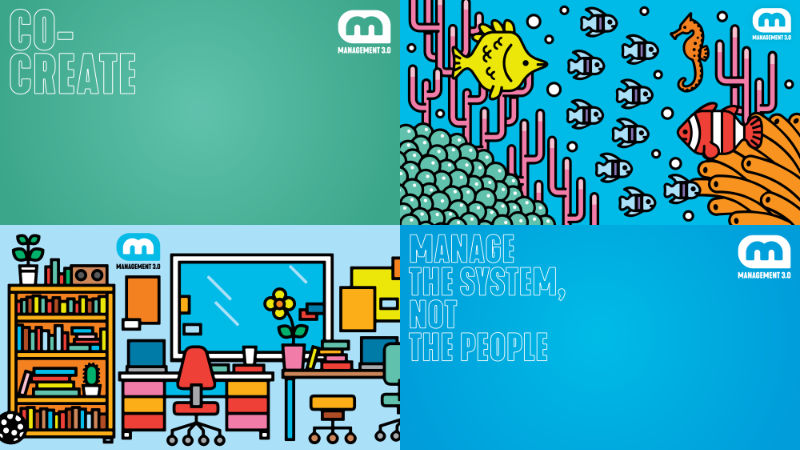Management 3.0 Practices
At Management 3.0 we’re not about talk, we’re about action. The best way to not only learn, but to absorb information and adopt new practices is by having fun experimenting. Our practical, hands on and tangible tools and management games are the best way to foster transformational change within teams, companies and even on a personal level. They’re also a proven approach to improving employee engagement and motivation. Welcome to the Agile Leadership Toolbox
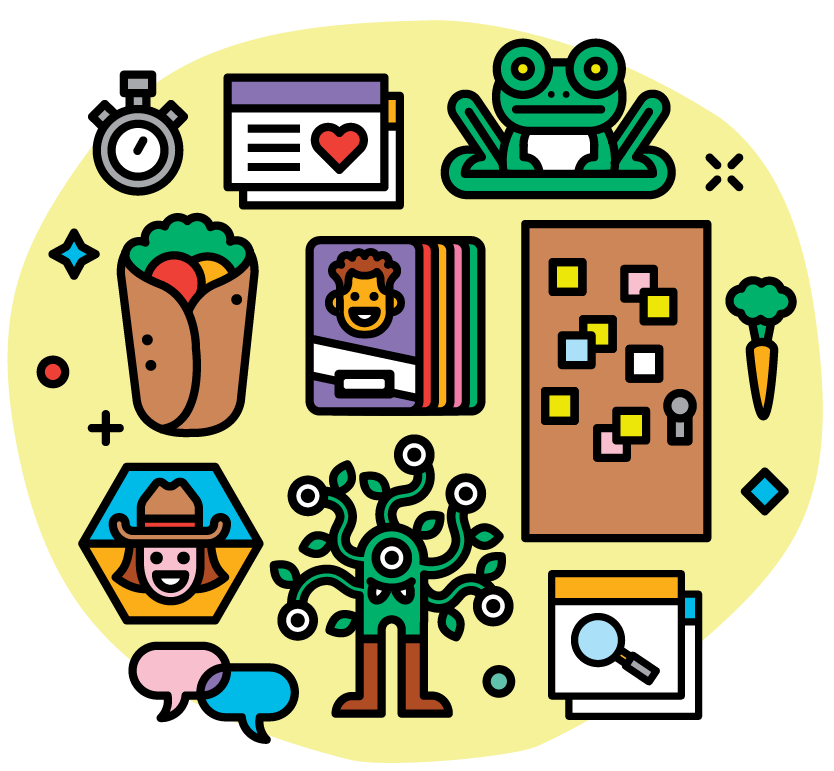
Kudo Cards
Give a gesture of thanks, show someone you care, acknowledge that you appreciate someone’s efforts
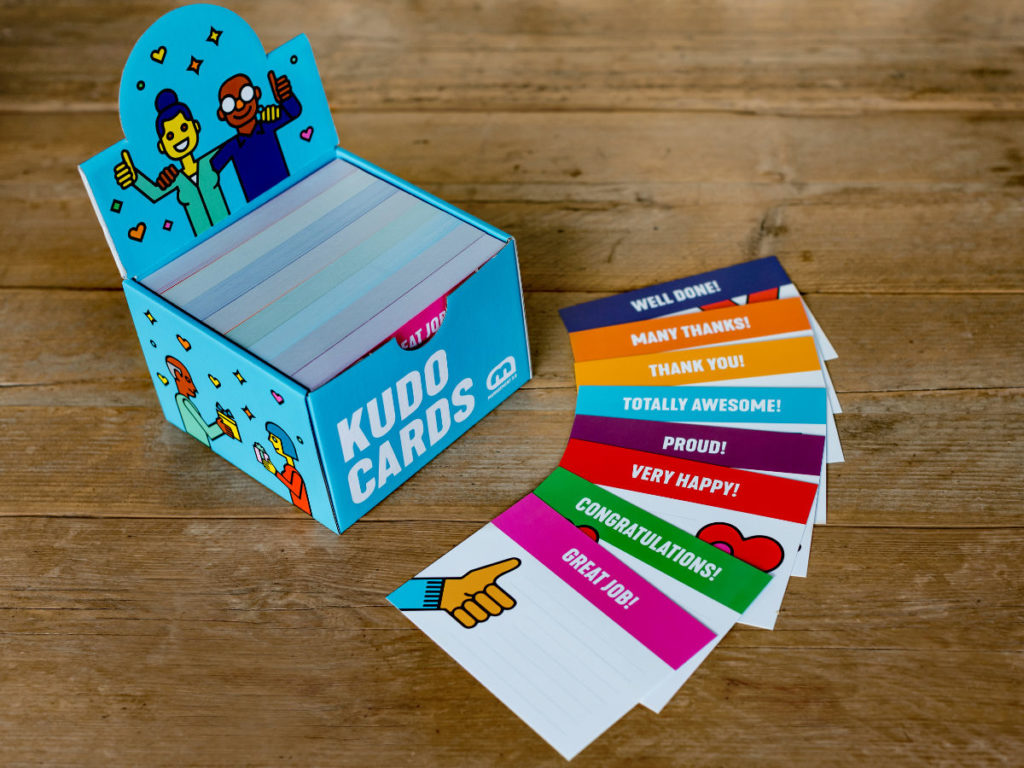
Kudo Cards are available in our shop
and for free download.
Moving Motivators
Find out what really motivates yourself, your team and your boss with this awesome card set
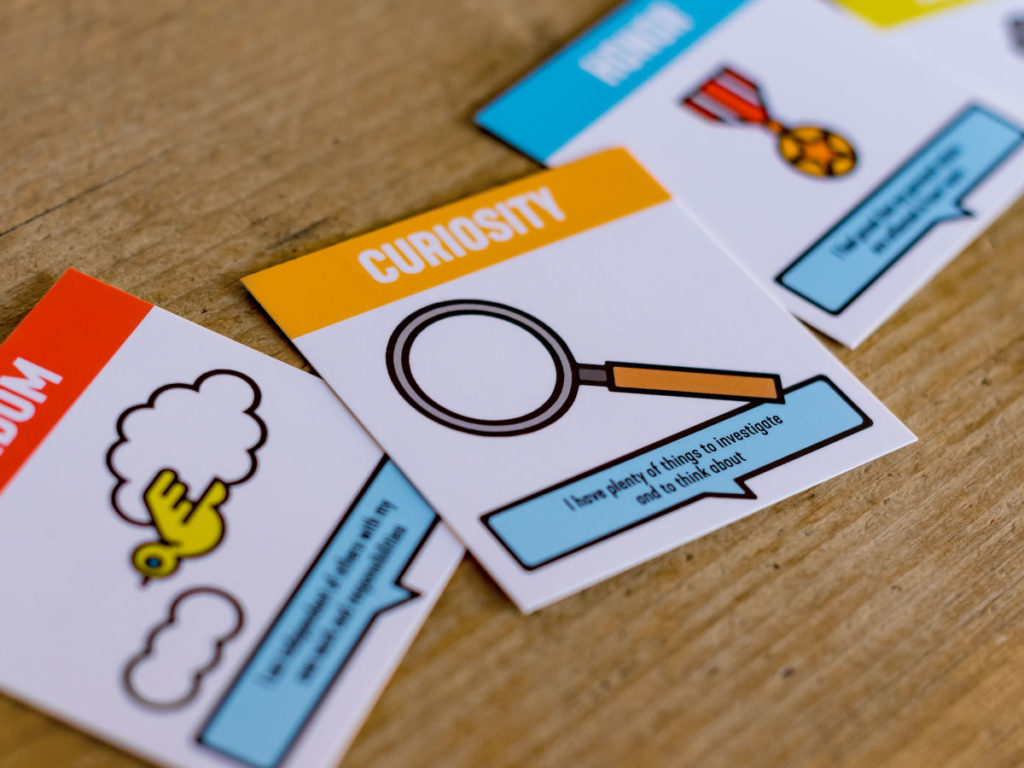
Moving Motivators are available in our shop
and for free download.
Delegation Poker
Clarify who’s responsible for what and foster an environment of empowerment for everyone on the team
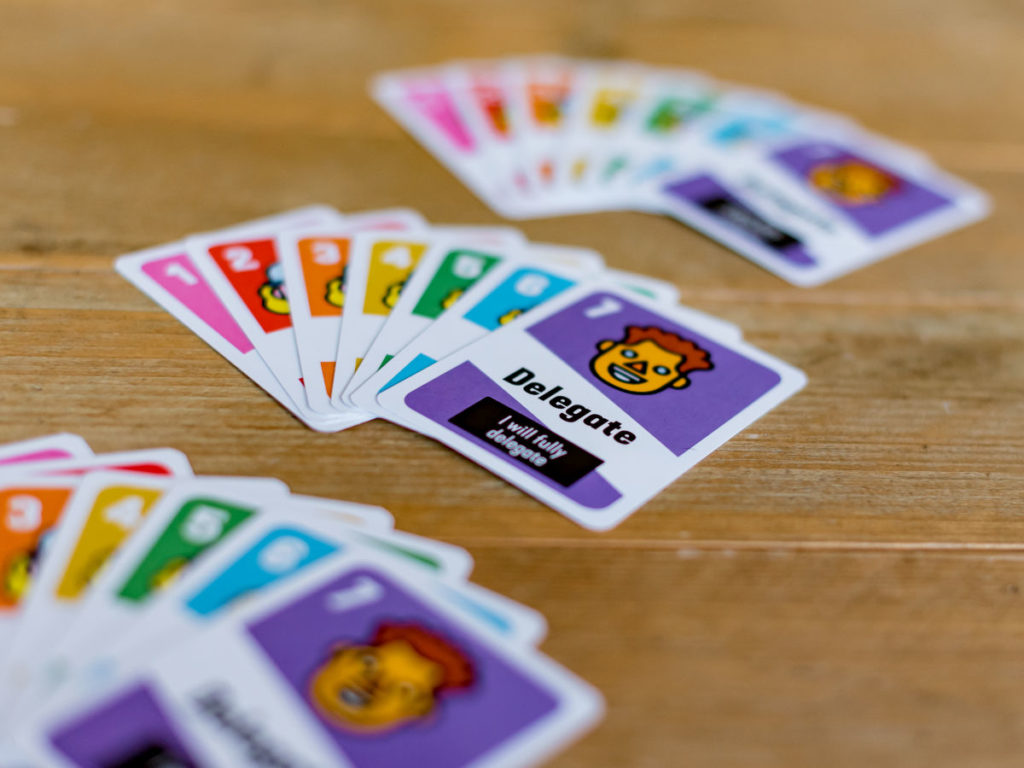
Delegation Poker is available in our shop
and for free download.
Change Management Game
It only takes 34 questions to change the world! A fun way to share stories of successful change management processes
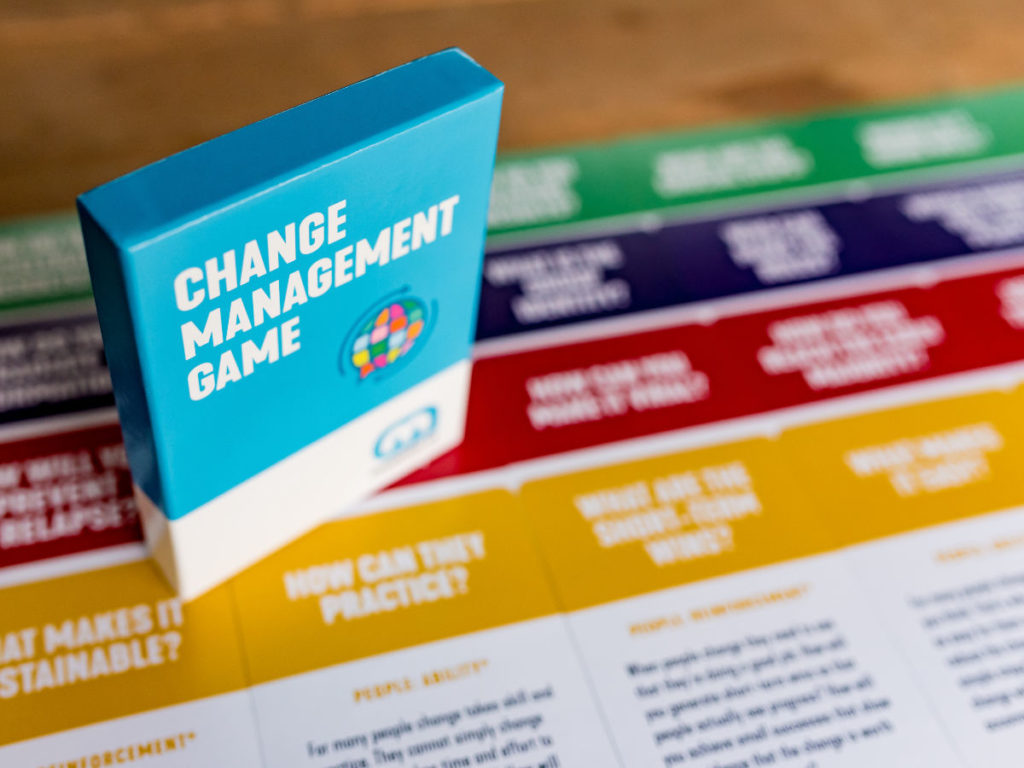
This game is available in our shop
and for free download.
More for your Agile Leadership Toolbox
The above is just a taste of our hands-on practices. Check out the options below for even more practical leadership tools to create transformational change within your organization, while improving employee engagement.
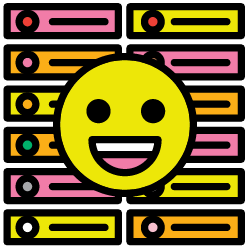
12 Steps to Happiness
Happiness is something we create it is not something to achieve. It is a path you choose not a destination to arrive at. Download the poster for free
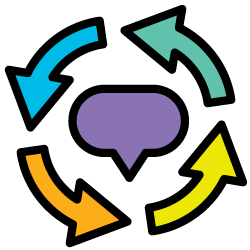
360 Degree Dinner
A shortcut to the standardized 360 degree feedback: Invite your team to a nice dinner. During the meal you will then give each other feedback
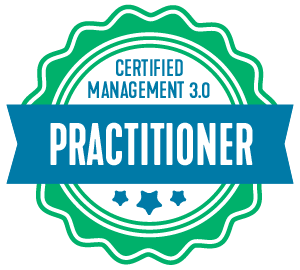
If you have experimented yourself with and shared your experience of seven or more practices, you may qualify for a Certificate of Practice, one of the ways to become a licensed Management 3.0 Facilitator.
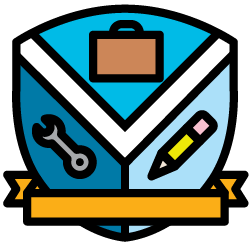
Business Guilds
Share challenges and experiences with a like-minded community of practice
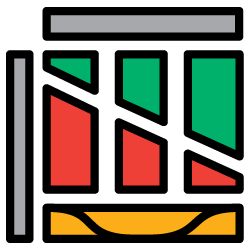
Celebration Grids
Whether we succeed or fail what’s important is to learn from our experiments and celebrate learning

Connection Circles
Visualizing relationships in a Complex Adaptive System, allowing us to understand complexity by seeing causes and effects in the system.
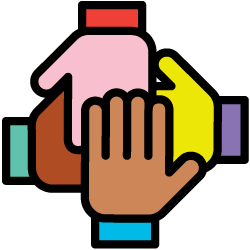
Corporate Huddles
The best way to create quick horizontal decision making among peers with all-hands-on deck meeting

Culture Books
Ditch the boring employee handbook and create something that truly embodies your company’s values
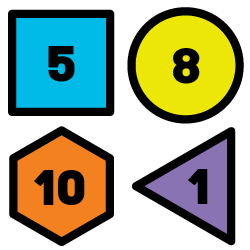
Diversity Index
The Diversity Index can help your team and organization acquire insight into how high the current diversity level is. Download the free template
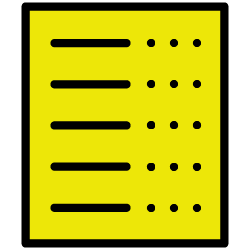
Experiment Hypothesis
A simple framework to help you create your next experiments.

Exploration Days
Explore new ideas by fostering continuous learning and development within your teams
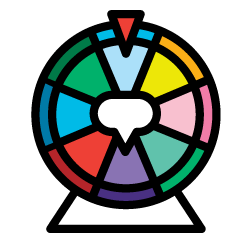
Feedback Lottery
By creating opportunities and giving prompts, feedback becomes a regular and fun part of your team culture.

Feedback Wrap
Give actionable feedback, the kind that leads to positive, self-motivated action and not disgruntled teammates

Happiness Door
Share the good, the bad and the ugly by asking for timely, specific and honest feedback
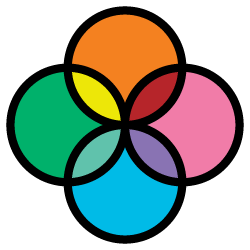
Identity Symbols
Managing identity is about managing belonging. A clear name and image can help foster a deepened sense of community
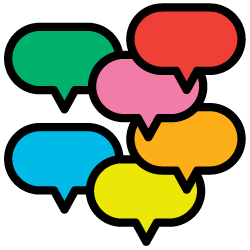
Improvement Dialogues
Creating strong relationships with colleagues by finding the right approach to maximizing each person’s performance. Download the free cards set
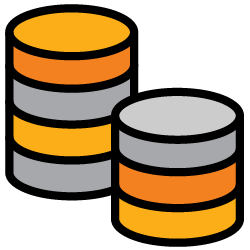
Internal Crowdfunding
The best way for employees to bid on ideas they think are best
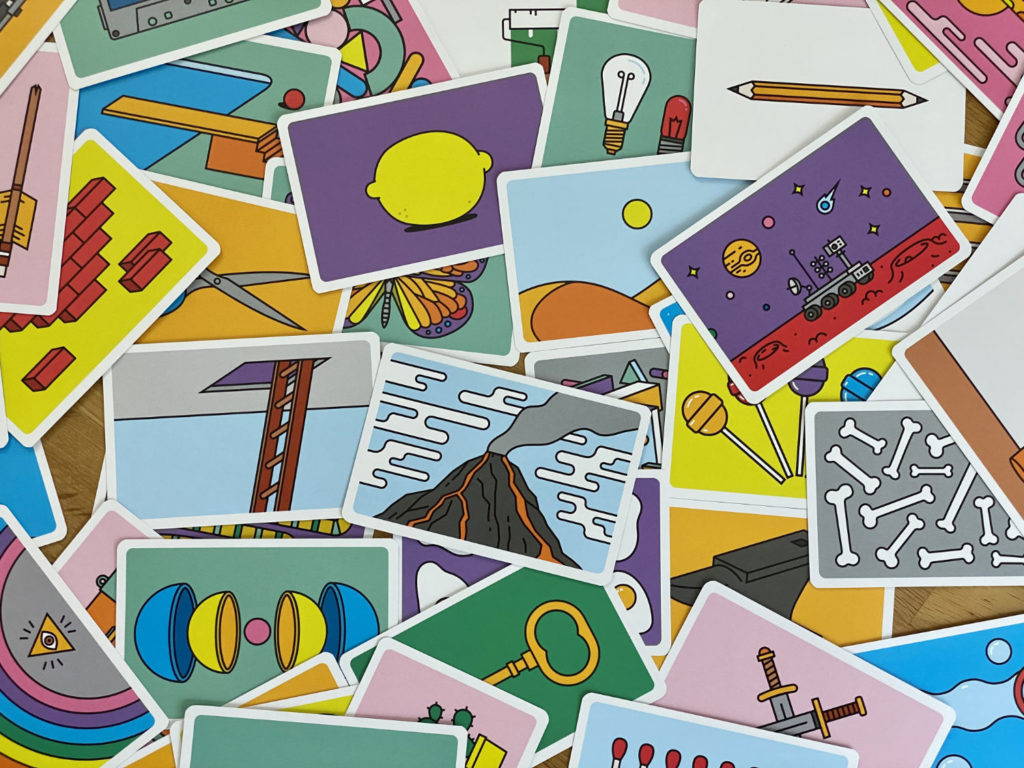
IMPROV CARDS ONLINE
Your storytelling game to be used as ice-breaker in meetings or retrospectives. Now available as online game for your remote team.
Please note: Improv Cards are not meant to be part of your Certificate of Practice application.
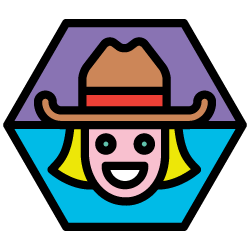
Meddlers Game
Facilitate discussions about organizational structures where multiple teams are working on multiple projects. This game is available in our shop and for free download
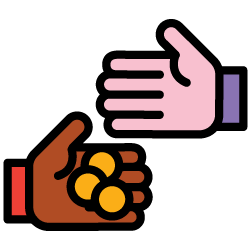
Merit Money
Paying people based on real merits instead of imagined performance
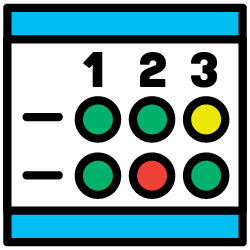
Niko-Niko Calendar
Replace boring feedback or happiness surveys with the Niko Niko Calendar. Niko Niko means to “smile” and that’s what it does: It helps you and your team finish the day with a smile. Download the free template
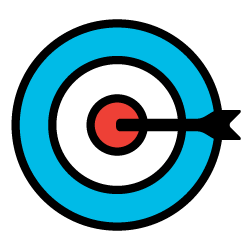
OKRs
No metric is perfect, and it’s best to look at each problem from multiple angles. OKRs encourage a result and value oriented culture by focusing on the main priorities
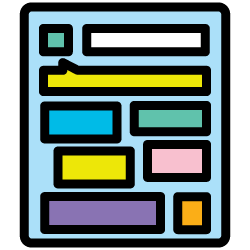
Personal Collab Cards
Personal manual for each colleague; summarizing work-relevant aspects that you should know when collaborating. Download the free template.

Personal Maps
How well do you know your colleagues? Find out what makes each other tick by creating a personal map
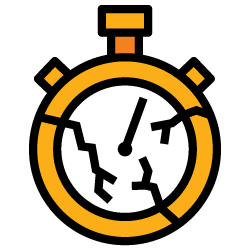
Problem Time
Instead of focusing on the happiness of people we should be focusing on the improvement of work

Salary Formula
The most important thing about having a good compensation plan is that it’s not only fair but it supports the culture of an organization

Scoreboard Index
Setting objectives and measuring things in order to make decisions toward a purpose
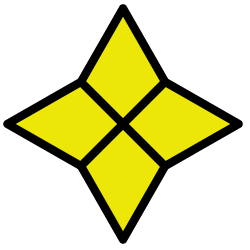
STAR(T) Behavioral Recruitment Questions
Recruit great people to your team by conducting behavioral interviews. Download free questions
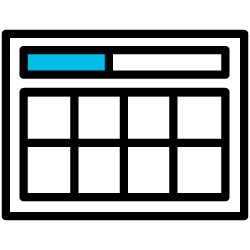
Team Agreement Canvas
Collaborative agreement, outlining guidelines and expectations for how a team will work together. Download the free template.
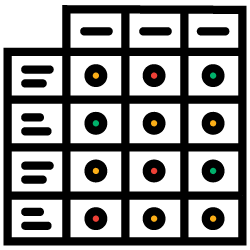
Team Competency Matrix
The importance of identifying expertise gaps both individually and as a team to ensure that everyone’s needs are met
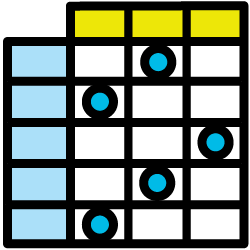
Team Decision Matrix
The Team Decision Matrix helps you and your team know when to use which decision method. Download the cards for free or buy in our shop

Value Stories
You can only create new values when you protect what is already valuable. The question is: Do you know what you and your team consider to be valuable? Download our free big values list

Work Expo
Why do people decide to work together? Answer this question by showcasing your work and visually engaging your team and those around you

Work Profiles
Job titles affect our own perceptions of our work and can influence others. What would it look like if we all defined our own labels?
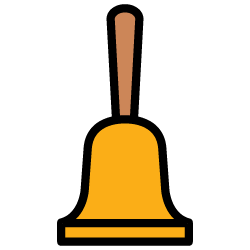
Yay! Questions
What did we do well and what did we learn? Emphasizing learning over right versus wrong

